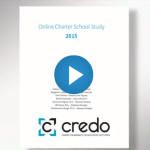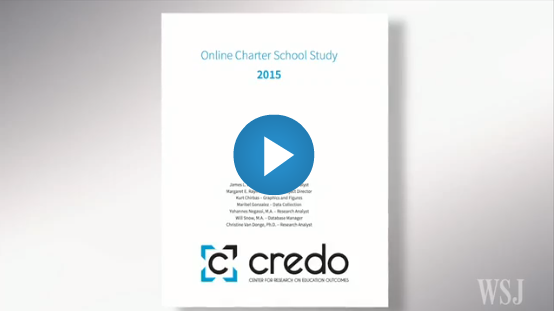Vol. 17, No. 43
VOICES OF EDREFORM. Can you hear them? Thousands are advocating for school choice and accountability daily and CER’s You Tube channel has access to many of the leaders who have made edreform happen nationwide. When you need a quick pick me up or want to convince another to come along, have this link at the ready!
VOTE FOR #EDREFORM. Voting today (or soon?) Your special analysis of gubernatorial candidates can be found by clicking on your state at Education50. For determining where all other candidates stand, use this handy guide.
ONLINE STUDY INCOMPLETE. A report that attempts to answer long-held questions about online charter schools and student outcomes unfortunately missed the mark. Don’t miss this must-read from our friends at Getting Smart, who did a stellar job pointing out why this CREDO study would get an “I” for incomplete on its report card. Learn more here and at WSJ Opinion Journal.
NAEP-TASTIC. While it was revealed last week that U.S. students’ scores on the Nation’s Report Card still are not good (66 percent of our nation’s 8th graders can’t read!), there was a shining light as Foundation for Excellence in Education Senior Advisor Matthew Ladner discovered when doing a deeper dive on the scores. Ladner found that Arizona charter schools absolutely rocked the NAEP.
GOOD NEWS IN WINDY CITY. After the charter school moratorium was thwarted in early October, the Chicago Board of Education has unanimously approved two new charter schools to open. Read more here.
KASICH SIGNS CHARTER BILL. While Ohio still has a ways to go in improving its C-rated law, the hard work of the Ohio Alliance for Public Charter Schools and their allies should be applauded, as Governor Kasich signed important charter school legislation this week that will uphold accountability and ensure greater transparency.
TEACHER-POWERED. On November 6th & 7th, groups of educators from around the country will gather in Minneapolis, Minnesota to share how they design and run their own schools at the Teacher-Powered Schools National Conference. Join them!
VOTE INNOVATION #NCSC16 PANEL. Do you worry about the fate of innovation in charter schools? If so, go to http://bit.ly/sessionselector and vote for Apples, Oranges? Reconciling Accountability and Innovation in Charter Schools, featuring CER Founder & Senior Fellow Jeanne Allen, AEI Resident Fellow Gerard Robinson, Democracy Prep CEO Katie Duffy, and K12 Inc. Senior Vice President Mary Gifford.











